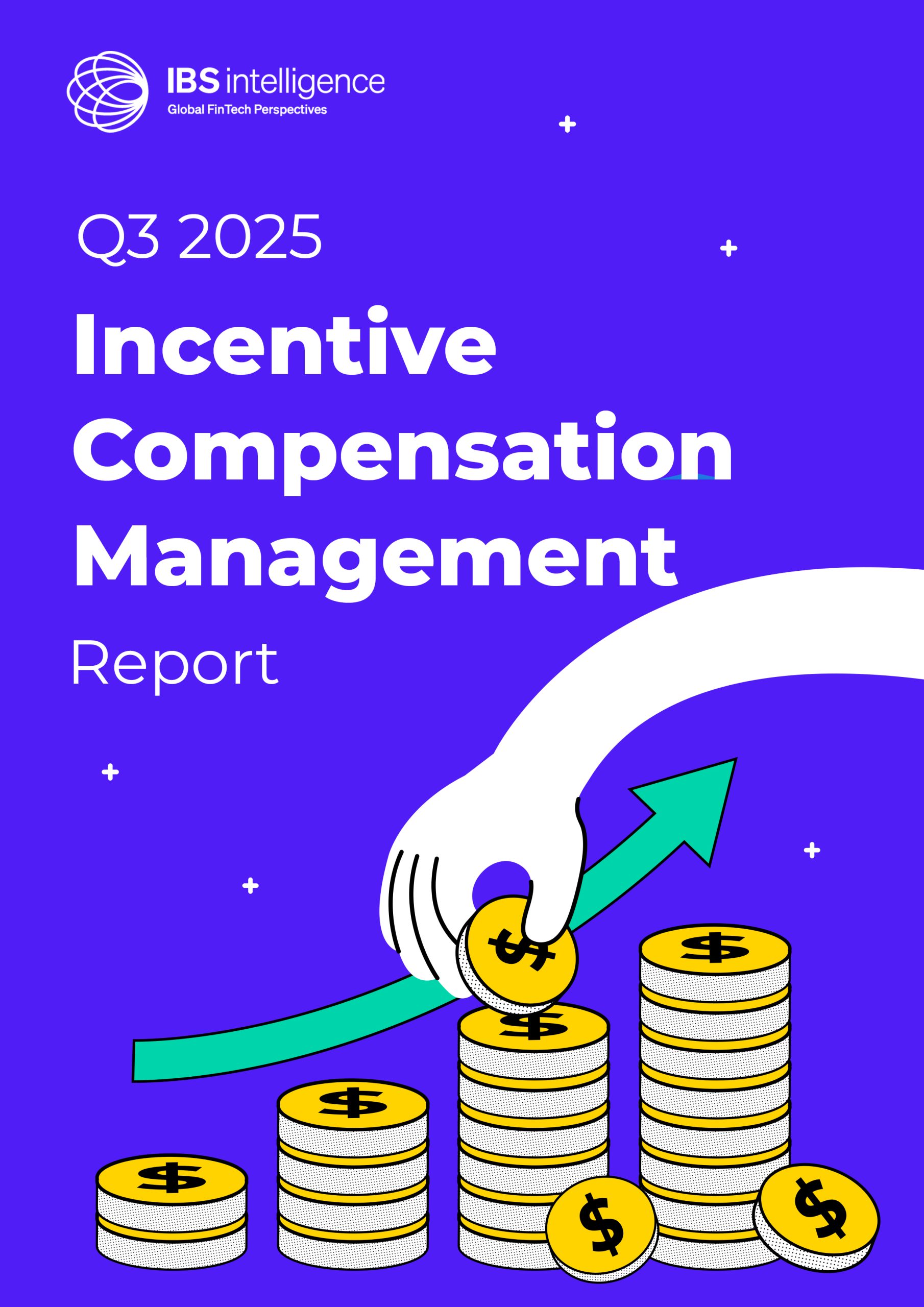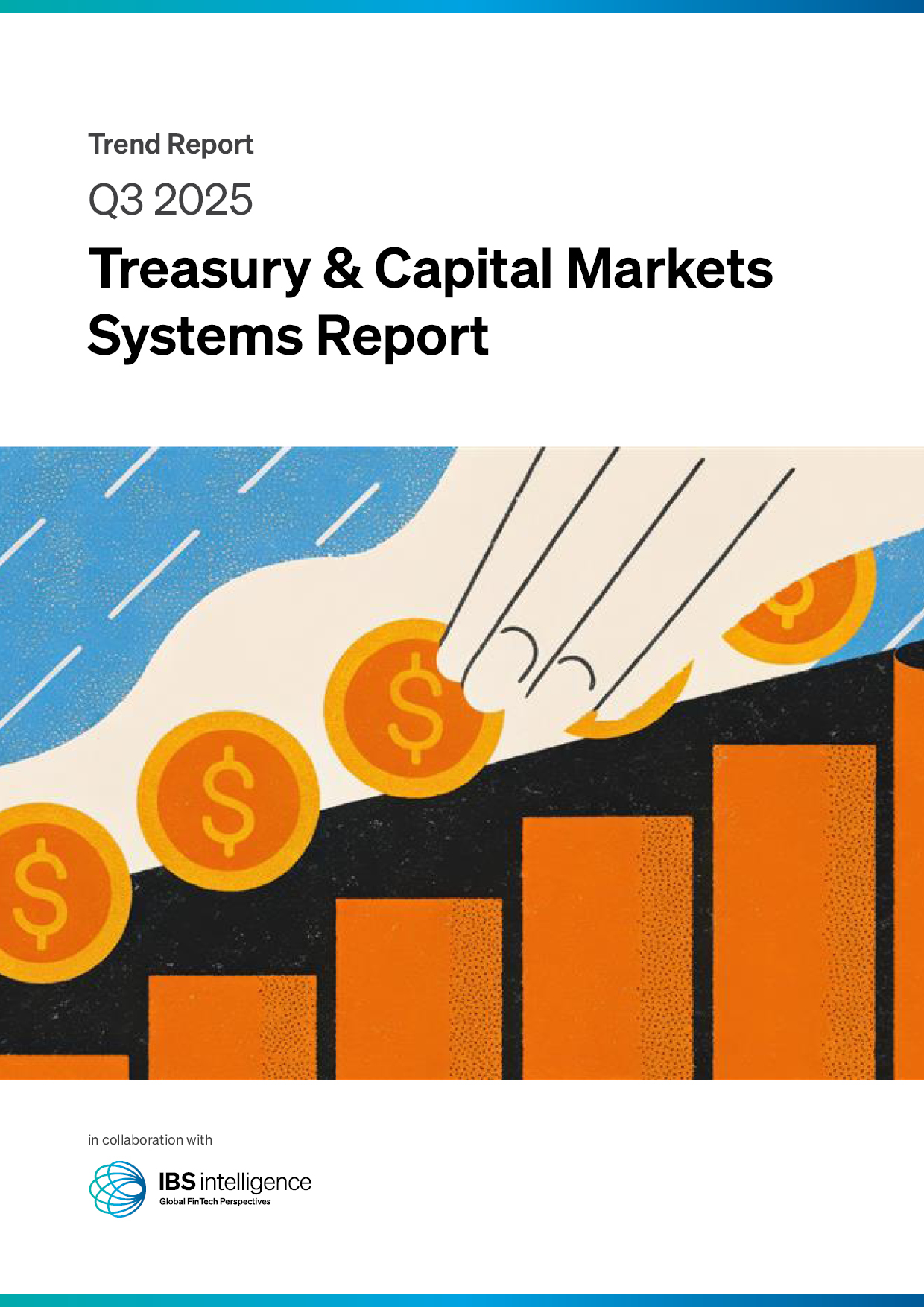 Back
Back
UK faces ‘two-tier society’ risk as cash acceptance declines, warns Treasury Committee
By Gloria Methri
 The UK Treasury Committee has raised concerns over the diminishing acceptance of cash payments across the country, cautioning that this trend could lead to a ‘two-tier society’ where vulnerable groups are disproportionately affected. In a recent report, the committee highlighted the potential exclusion of individuals who rely heavily on cash, such as the elderly, those with disabilities, and victims of domestic abuse.
The UK Treasury Committee has raised concerns over the diminishing acceptance of cash payments across the country, cautioning that this trend could lead to a ‘two-tier society’ where vulnerable groups are disproportionately affected. In a recent report, the committee highlighted the potential exclusion of individuals who rely heavily on cash, such as the elderly, those with disabilities, and victims of domestic abuse.
While digital payments have surged in popularity, with cash transactions dropping from 51% in 2013 to just 12% in 2023, the committee emphasised that a significant portion of the population still depends on physical currency for daily transactions. The lack of legal requirements for businesses to accept cash exacerbates the issue, potentially marginalising those without access to digital payment methods.
Vulnerable Populations at Risk
The committee’s inquiry highlighted that certain groups are disproportionately affected by the move towards cashless transactions. Individuals with mental health conditions, cognitive disabilities, or limited access to digital banking services often find it challenging to navigate a cashless environment. For example, some have reported being unable to pay for medical supplies with money, leading to concerns about access to essential healthcare.
Chair of the Treasury Committee, Dame Meg Hillier MP, stated, “The Government is in the dark about how widely cash is being accepted and that is completely unsustainable. We are at risk of a two-tier society where the most vulnerable bear the brunt, and this needs to be a wake-up call.”
Currently, there is no UK legislation requiring businesses to accept cash payments. This legal gap allows organisations to refuse banknotes, potentially marginalising those who depend on it. The committee has called for improved monitoring and reporting of cash acceptance levels to understand better and address the issue.
The committee’s findings urge the government to implement improved monitoring and reporting of cash acceptance levels. Without such measures, vulnerable populations risk being excluded from essential services and community spaces. Despite these concerns, Economic Secretary to the Treasury Emma Reynolds indicated that there are currently no plans to mandate businesses to accept cash payments.
Other countries have taken steps to preserve cash usage. For instance, Norway and Sweden have implemented regulations requiring shops to accept cash, recognising its importance for inclusivity and resilience during digital outages.
As the UK navigates the balance between embracing digital innovation and ensuring inclusivity, the Treasury Committee’s report serves as a critical reminder of the importance of maintaining accessible payment options for all members of society.
IBSi FinTech Journal

- Most trusted FinTech journal since 1991
- Digital monthly issue
- 60+ pages of research, analysis, interviews, opinions, and rankings
- Global coverage







